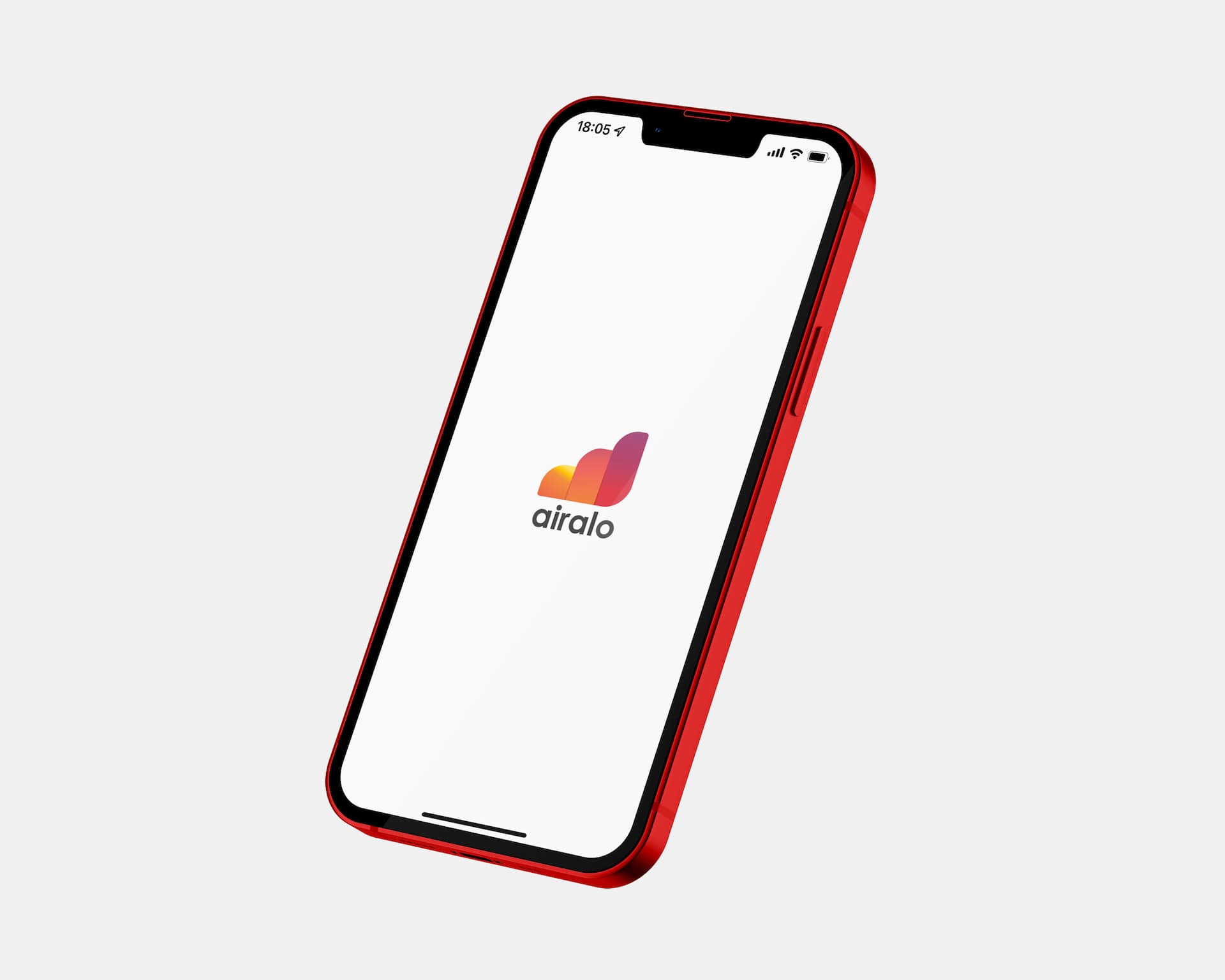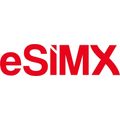Say 'Alo!' to simple & affordable mobile data freedom during your travels. Airalo provides data in 190+ countries & regions.

Say 'Alo!' to simple & affordable mobile data freedom during your travels. Airalo provides data in 190+ countries & regions.
Promo Code
Airalo eSIM Data Plans for Germany
How To Buy
How to buy and install Airalo eSIM
Unfiltered Customer Reviews
Share your own experience and help fellow travelers!
fghhh
It's good.
Mixed. Good in Amsterdam with country-specific eSim.
In Germany, bought regional. In Berlin, Dresden & Cologne struggling to get data and receive messages, regardless of number of bars showing.
Comparing to my wife on Vodafone $5/day roaming, she had no problems with data access.
Moved her also to Airalo in Dresden & was disaster. Both had trouble getting map data, messages via WhatsApp and FB Messenger massively delayed.
Frequently Asked Questions
Does Airalo offer unlimited data eSIM for Germany?
Airalo does not provide a truly unlimited high‑speed data plan for Germany. The plans that carry “Unlimited” in the name are actually capped at 3 GB of high‑speed data per day; once that limit is reached the speed is throttled to 1000 kbps. Travelers who need more data without this restriction can choose from fixed‑amount plans. For example, EUconnect offers 50 GB for 30 days at $49, and Eurolink offers 100 GB for 180 days at $185 (both valid across Germany). These high‑capacity options tend to be more cost‑effective for heavy data users than relying on the capped “Unlimited” plans.
Does Airalo offer Germany eSIM with phone number and SMS?
Airalo does not provide a Germany eSIM that includes a local phone number or SMS capability. All Airalo eSIM offerings for Germany are data‑only plans, so travelers cannot receive or make traditional voice calls or send standard SMS messages. Instead, users can rely on internet-based messaging and calling apps such as WhatsApp, Telegram, and iMessage to communicate over the data connection.
How many data plans does Airalo offer for Germany?
Airalo offers a range of data plans that include 18 single‑country options and 58 multi‑country options that cover Germany among other destinations. The plans span a price range from about $4.00 up to $185.00 and provide data allowances between 1 GB and 100 GB. Within the single‑country selection there are 18 daily‑cap plans that restrict the amount of data usable each day, while the remaining 58 plans are fixed‑amount data plans that apply over the entire validity period of 3 to 365 days. This mix lets travelers choose between a daily data quota or a set amount of data that can be used at any time during the plan’s validity.
Summarized by Gen AI. Last updated:





